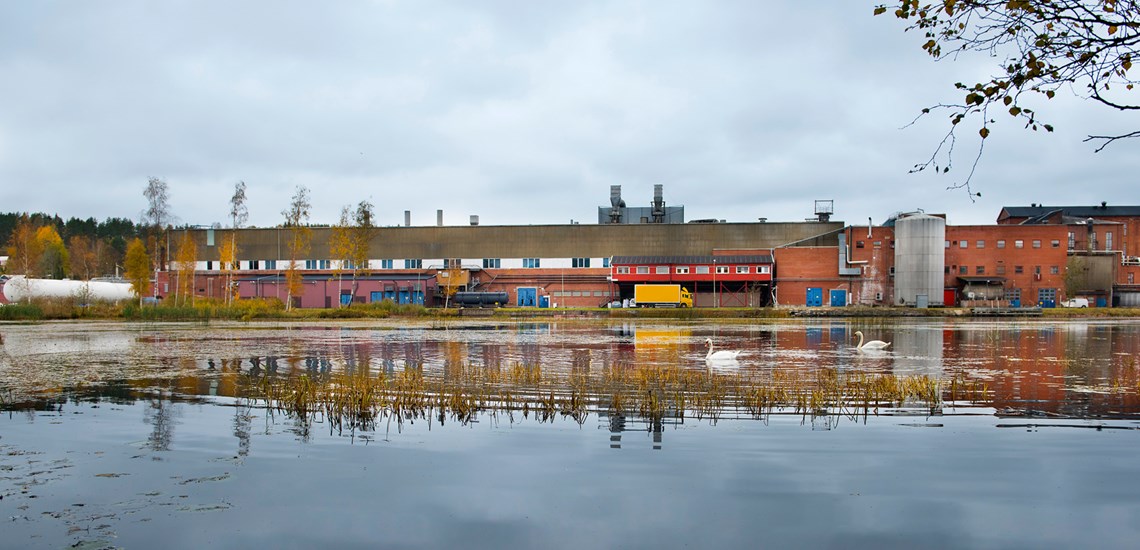Enviro’s rCB is demonstrably a good environmental choice, according to a new life-cycle analysis (LCA) from the IVL Swedish Environmental Research Institute. Recovered carbon black leads to CO2eq emissions that are 79-84 per cent lower than the emissions from the production of virgin carbon black – a figure considerably better than earlier estimates of 60 per cent.
rCB from Enviro is a Positive Choice, Reducing CO2 by 79%
“It’s fantastic to learn what great environmental benefits Enviro’s recovered carbon black can bring. The whole industry is looking for materials to reduce the impact on the climate, so this is very good news, both environmentally for the industry, and in terms of the economic potential for Enviro”, says Thomas Sörensson, Enviro CEO.
The IVL Swedish Environmental Research Institute, together with Enviro, has carried out a life-cycle analysis (LCA) of Enviro’s recovered carbon black (rCB) EnviroCB, and the other materials that are extracted through the company’s pyrolysis techniques: oil, steel and gas. The purpose of the analysis was to provide an overall picture of these materials’ environmental impact, and the results show, among other things, that for each kilo of recovered carbon black that replaces virgin carbon black, total emissions are reduced by 1.43-2.00 kg of CO2.
“Enviro’s recovered carbon black provides the tyre, rubber and plastic industries with a fantastic opportunity to introduce a recyclable material that heavily reduces the worldwide environmental impact. The other recycled materials – oil, steel and gas – provide a further reduction in greenhouse gas emissions.”
One of the indexes used is Global Warming Potential, GWP, which makes it possible to compare the greenhouse effect for greenhouse gases at a joint scale with the greenhouse effect for carbon dioxide.
“If the 9,000 metric tonnes of recovered carbon black produced by one of Enviro’s plants in a year were to replace virgin carbon black, the resulting reduction in greenhouse gas emissions is 12,900-18,000 tonnes, which would correspond to more than 40,000 single-leg flights from Stockholm to New York (https://www.icao.int/environmental-protection/CarbonOffset/). In addition to this, we have emission reductions combined with recycled oil, gas and steel.”
More stringent environmental laws, producer responsibilities, and an ongoing worldwide shift to more sustainable production is leading to increased interest both in Enviro’s rCB, EnviroCB, the other recycled materials (oil, steel and gas), and the business of Enviro’s plant facilities.
“The carbon black market is expected to grow by about 8.8 per cent annually in the coming years, and the demand for Enviro’s recycled materials will increase accordingly. These two driving forces are the basis for Enviro’s changed business model, which involves partial ownership of future plant facilities, allowing us to better capitalise on the company’s leading position.”
Source: Enviro
The diagram shows a comparison between virgin CB and Enviro’s rCB for CO2 emissions. Thinkstep and Ecoinvent 3.5 are two different global databases for LCA data linked to specific commodities, which in this case are both virgin CB rubber grade.




















